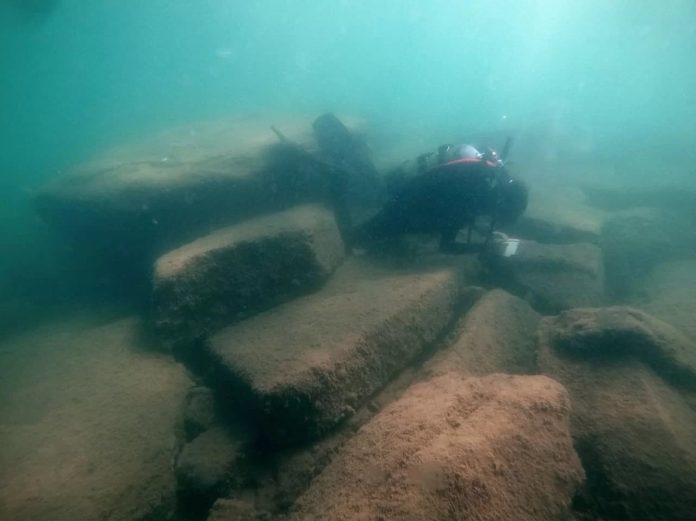Seven archaeological sites in the waters of the Grado lagoon in Italy have been investigated by the Underwater Archaeology Unit of the University of Udine, revealing significant findings including shipwrecks, a Roman funerary altar, and submerged monumental structures. This research aims to reconstruct the archaeological landscape linking the sea of Grado to Roman Aquileia, an area that was once the outskirts of the ancient city.
The first campaign of the Aquileia Waterscape project involved collaborations with the Superintendency of Archaeology and Fine Arts. Notable discoveries include the Piere de San Gottardo site, characterized by a quadrangular arrangement of stone blocks and remnants of funerary monuments dating back to the 2nd century AD.
Using advanced technologies such as the Global Navigation Satellite System (GNSS) and artificial intelligence software, archaeologists conducted non-invasive underwater investigations to better understand the sites’ historical significance. The project highlights the importance of the Grado lagoon as a former bustling port area where cargo was transferred from large ships to smaller vessels for transport to the urban port.
Recent findings include new shipwrecks dated between the 1st and 2nd centuries BC, further emphasizing the strategic maritime significance of Aquileia. The research not only aims to enrich historical understanding but also to enhance the cultural and tourism potential of the Friuli Venezia Giulia region.















